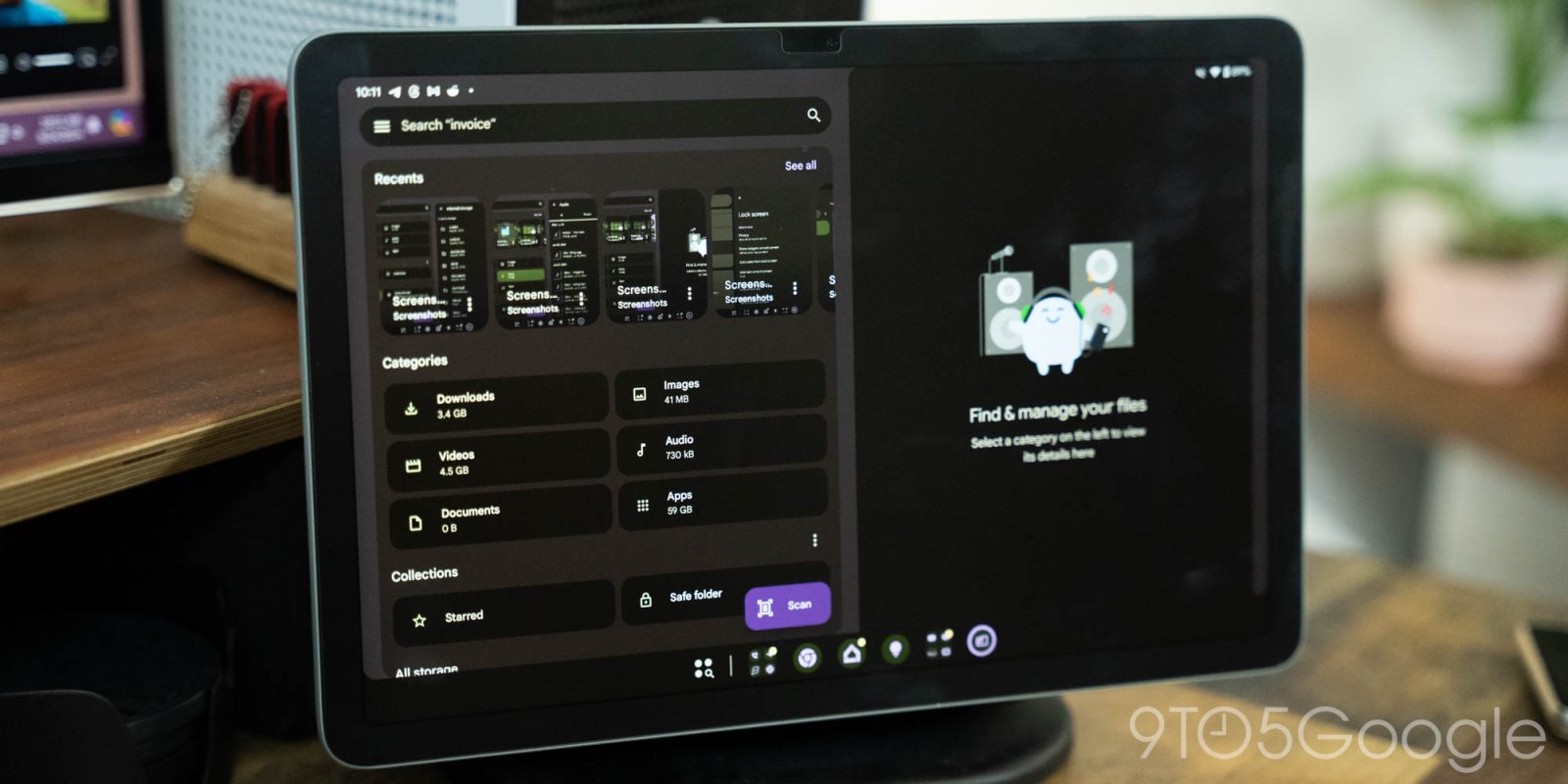When I first shared with friends and family that I was pregnant, I heard many stories about how babies behave in the womb, especially when it comes to sleeping. From the third month onwards, I noticed that my baby would become active when I was getting ready for bed. This coincided with the challenges I faced in finding a comfortable sleep position due to my growing pregnancy and hormonal changes.
Although my baby’s movements didn’t disrupt my sleep, I knew many people who complained that their unborn baby was so active at night that it interfered with their ability to sleep. Naturally, I became curious about why this happens so frequently. I spoke to several experts to learn more about this phenomenon and how to improve sleep quality. Here’s what they had to say:
Why do fetuses move more at night?

If you’re pregnant, you may have noticed that your baby behaves differently and becomes more active in the evening. According to Dr. Susan Crowe, an obstetrician and professor of Obstetrics & Gynecology at Stanford Medicine Children’s Health, this might be because the movement and activity of a person during the day refreshes and relaxes the baby. Dr. Ila Dayananda, a gynecologist and chief physician, also suggests that the movement of the parent during the day, such as walking, can cause the fetus to settle down.
Another theory is that during the day, especially when the pregnant woman is sitting down, the fetus has more space to move around. At night, the fetus might be more active due to factors like low blood sugar or the development of its own circadian rhythm, according to Dr. Dayananda. Dr. Andrea Desai, an obstetrics and gynecology specialist, agrees that as the fetus’s organs grow, they create their own circadian rhythm and adapt to it.
It’s important to note that fetal movements in the evening are a positive indicator of your baby’s health. Tracking your baby’s movements can help prevent complications during childbirth and ensure everything is progressing well. The American Pregnancy Association recommends starting this tracking from 28 weeks and counting 10 movements over a two-hour period. However, Dr. Desai emphasizes that there is no specific right or wrong time to feel the movements, as every pregnant patient will have a unique experience guided by their doctors.
While fetal movements can occasionally make it difficult to sleep, there are some strategies to improve your sleep quality. If the activity of the fetus at night is causing problems, Dr. Crowe suggests spending an hour bonding with your baby before bedtime or starting a sleep routine to help wear off the extra interaction and promote relaxation before sleep. Dr. Nisarg Patel, a gynecologist, recommends creating a gentle bedtime routine that involves drinking hot tea and engaging in light exercise. Avoiding electronic devices and heavy meals before bed is also important for better sleep quality, according to Dr. Desai. If necessary, sleep aids like melatonin or doxylamine can be considered but should be used under the guidance of a doctor.
Additionally, it’s recommended to avoid sleeping on your back for extended periods from the second to the third trimester. Instead, sleeping on your left or right side is preferred. Using pillows for support and investing in a pregnancy pillow can help improve comfort and reduce discomfort.
Takeaway
Fetal movement at night can initially be entertaining, but if it starts to disrupt your sleep, there are ways to manage it. By establishing a bedtime routine, bonding with your baby, and ensuring proper support and comfort while sleeping, you can improve your sleep quality. Remember, feeling the movements is a positive sign of your baby’s development in the womb. Embrace these changes and make small adjustments to ensure a good night’s rest.












